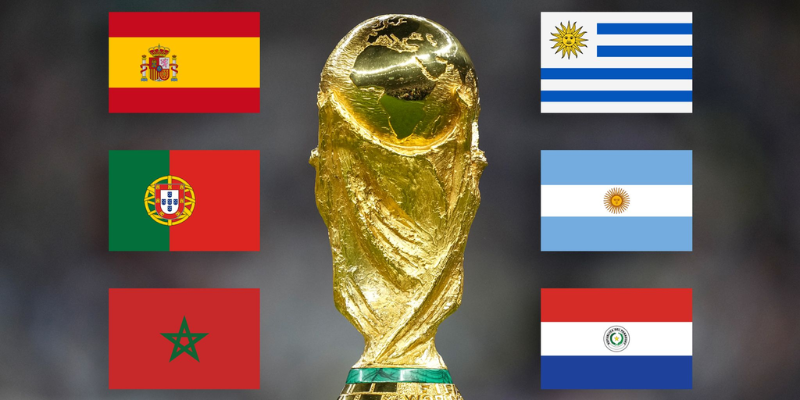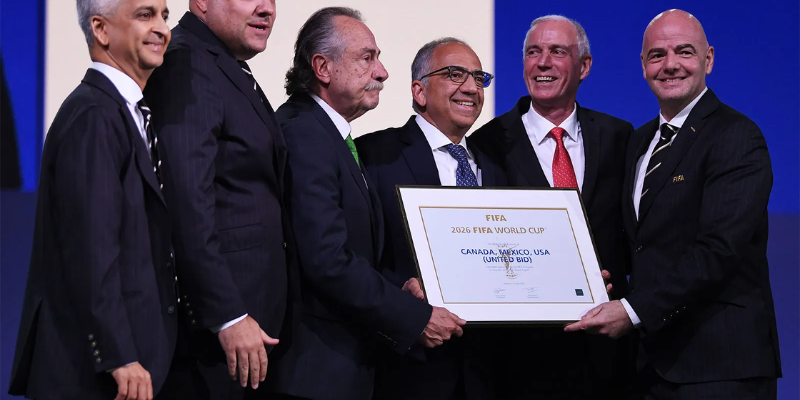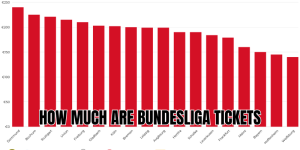When someone asks, do World Cup hosts automatically qualify, the short, solid answer: yes. Historically and under current FIFA rules, the nation (or nations) hosting the FIFA World Cup are granted an automatic berth in the tournament finals — they do not need to compete in qualification matches. In this article, KottuGoal will explore how that tradition works, when it started, any exceptions, and what it means for upcoming tournaments like 2026.
What automatic qualification for hosts means

Automatic qualification means the host nation(s) are guaranteed a place in the World Cup finals without having to go through the qualifying rounds that every other team must endure. This gives them time to prepare, plan logistics, and often build squads without the pressure of qualification matches.
For example, the 2026 World Cup will be co-hosted by the USA, Mexico, and Canada. All three have automatically qualified as hosts.
History and tradition

Early years
- The first World Cup (1930) had invitation-based participation; there was no qualification process at all.
- By the 1934 edition, FIFA introduced qualification rounds.
Notable past examples
- In 1958, Sweden hosted and automatically qualified; the reigning champions also qualified automatically under rules at the time.
- In 2002, both South Korea and Japan co-hosted and both automatically qualified. This was the first time the World Cup was co-hosted by more than one country in the men’s tournament.
Are there exceptions or special cases?

While the rule is very consistent, there are a few nuances:
- Multiple hosts: When there is more than one host nation (co-hosts), each host is usually granted an automatic berth. In 2002, both hosts qualified automatically. For 2026, all three hosts are automatic.
- Host matches in the qualification slot allocation: When automatic host berths are given, those spots are typically deducted, those three automatic places are taken from CONCACAF’s quota.
- Past rules about defending champions: At one time, the reigning World Cup winner also got an automatic spot. This practice has been abolished.
The case of the 2026 World Cup
2026 is an especially interesting example for this question because:
- The tournament expands to 48 teams, up.
- It is co-hosted by three nations: USA, Mexico, and Canada.
- All three host nations have official automatic qualification.
- Their automatic entries are counted within the CONCACAF confederation’s allocated slots.
Why hosts get automatic qualification (and arguments around it)
Pros
- Preparation and logistics: The host(s) have to organize stadiums, infrastructure, security, and more. Automatic qualification removes at least one major competitive worry.
- Boosting ticket sales and interest: Locals are more excited when their team is guaranteed in the finals. It helps with promotion, marketing, and local engagement.
- Tradition and fairness: It has become an accepted norm, almost part of FIFA tradition, so changing it would be controversial.
Critiques
- Competitive fairness: Some argue all teams should qualify on merit, not by virtue of hosting. If a host team is weak, automatic qualification can bring an imbalanced competitive entry.
- Slot allocation for other teams: Since host’s automatic spot reduces the number of spots for other countries in the same region, some teams may see their chances of qualifying reduced.
What this means for fans and teams
- If your country is selected as a host, you can be sure your national team will play in the World Cup finals without qualification matches.
- Other nations will know exactly how many qualification spots remain.
- In tournaments with co-hosts, it’s important to track which host nations have automatic spots and how those affect the qualifying process for others in the same region.
Summary of key facts
Below are quick takeaways:
- Since at least 1934, it has been FIFA policy that host nations automatically qualify.
- Co-hosts are also given automatic qualification. 2002 (South Korea & Japan) and 2026 (USA, Canada, Mexico) are examples.
- Automatic qualification slots are deducted from the host confederation’s total allocation of places.
- The defending champion no longer automatically qualifies. That rule was removed.
Conclusion
In short, yes, host nations for the FIFA World Cup do automatically qualify. Whether it’s a single host, or co-hosting, the tradition holds and has been formally confirmed for the 2026 World Cup for USA, Mexico, and Canada. KottuGoal has walked you through the origins, how it impacts qualifying slots, and what it means in practice for teams and fans.
Want to dive deeper? You could check:
- The full qualification format for your confederation
- Which teams have already qualified for 2026
- How automatic qualification has impacted past tournaments in terms of competitiveness
Stay tuned to KottuGoal for match reviews, qualification updates, and more about your favorite players and teams.






